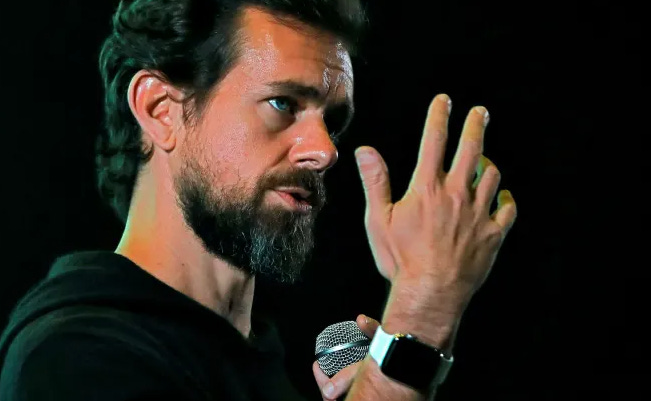Hey Guys,
Please consider supporting me on the app instead of just Emails.
If you prefer notifications and have an iOS device that is.
In the tumult following Elon Musk’s bid to buy Twitter the only voice we haven’t heard from has been the company’s co-founder, Jack Dorsey—until now. It’s not shocking that Billionaires would huddle together, either.
For…
Keep reading with a 7-day free trial
Subscribe to OK, Robot to keep reading this post and get 7 days of free access to the full post archives.





